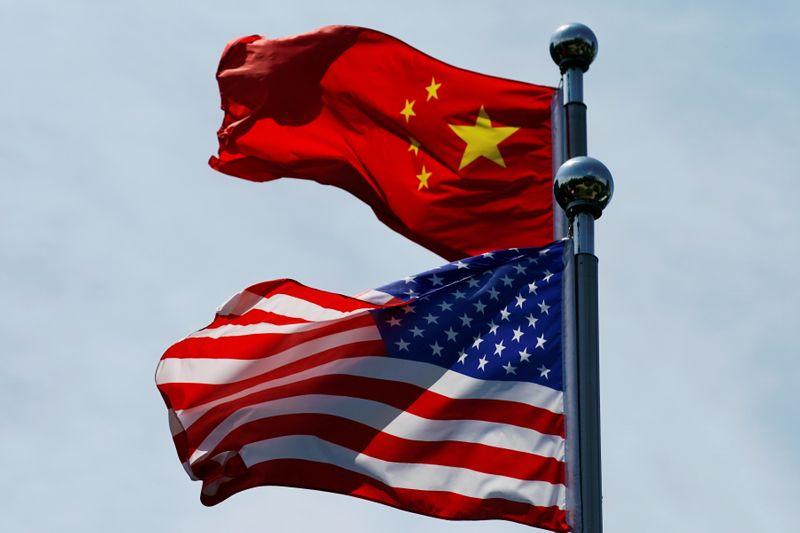Investing.com - Analysts from JPMorgan Chase & Co. (NYSE:JPM) suggested on Wednesday that the utilities sector could emerge as a potential winner amid escalating US-China trade tensions.
The report comes as the Hang Seng Index (HSI) and Hang Seng Tech Index (HSTECH) fell 3.1% and 4.2%, respectively, since Monday. In contrast, the CSI-300 Index has risen by 0.8%.
The market's behavior has been influenced by various factors, including higher expectations of a Federal Reserve rate cut in September, increased chances of a Trump presidency, and weaker-than-anticipated retail sales and GDP growth data from China for June and Q2.
JPMorgan's revised GDP growth forecast for China in 2024 stands at 4.7%, down from an earlier 5.2% prediction. The firm's analysts believe that the slowing growth in Q2 2024, largely due to a drag from property and consumption sectors, was unexpected. However, the firm does not anticipate new stimulus measures to combat this slowdown.
The research note highlighted that during the three periods of heightened US-China trade tensions from 2018 to 2020, the MXCN Utilities sector consistently outperformed the MXCN, with an average outperformance of 12.8%.
JPMorgan's top picks in this space include Huaneng Hydro (SS:600025), Power Assets (HK:0006), Hong Kong and China Gas Co (HK:0003), and Huaneng Power International (HK:0902).
The 2024 Republican Party Platform has proposed several policy changes that could significantly impact China-US trade relations. For instance, the platform suggests revoking China's Most Favored Nation status, phasing out imports of essential goods, and halting China's ability to purchase American real estate and industries. This implies that the US could impose any import tariff rates on Chinese goods.
The proposed policies also include plans to seal the southern border, enforce immigration laws, and initiate the largest deportation program in American history. These stricter immigration regulations may incrementally weaken rental and housing demand.
Moreover, the platform advocates for the restoration of domestic manufacturing, bringing critical supply chains back to the US, and strengthening Buy American and Hire American policies. These policies may negatively impact Chinese tech exporters, although this risk appears to have been largely priced in for Chinese tech companies.
